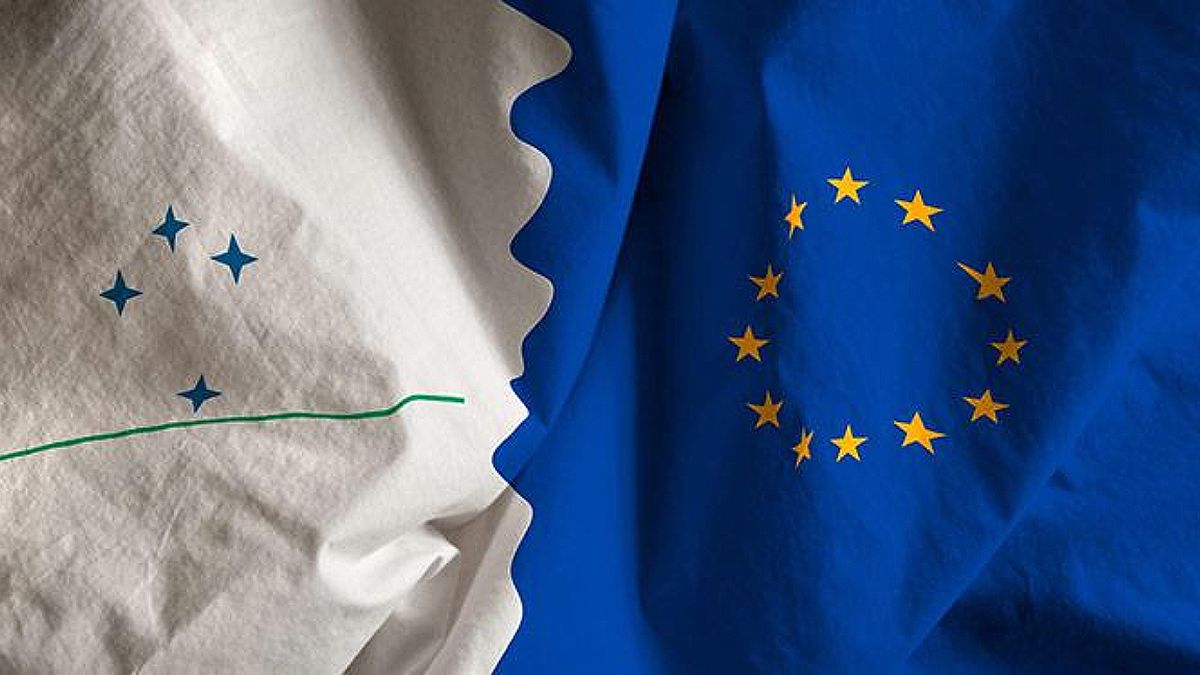The government of the European country ratified its rejection of the signature, while in the South American nation the demands of the agricultural sector grow.
The dilated Mercosur-EU agreement, which has been in negotiations for more than two decades, finds at this time two new sources that put obstacles to a resolution, mainly due to the position of the government of France and the claims of the agricultural sector in Paraguay.
The content you want to access is exclusive to subscribers.
After a recent summit of foreign ministers of the Mercosur in which the bloc ratified the intention to finalize the agreement, the first position against came from Europe. It is that the brand new prime minister, Gabriel Attal, He recalled that that country “is clearly opposed to Mercosur Treaty”.


Attal maintained that this administration rejects the signature “as it has done from day one through the president’s voice.” Emmanuel Macron thus giving substance to the protests that took place in the last few hours in that country by farmers, who denounce “unfair competition” with their peers. Latin America. To a certain extent, the leader validated that position by speaking of the “law of the jungle.”
The claims of Paraguayan producers
At the same time, the Federation of Production Cooperatives (Fecoprod) of Paraguay issued a statement today where it expressed its concern about the fact that “coercive mechanisms” for exports are being agreed upon with the European Union”, an approach that is in line with the “environmental neoprotectionism” that he denounced Uruguay months ago.
“We express our disagreement and concern with the attempt to agree on coercive export mechanisms that imply impairment of the rights and sovereignty of our republic,” he said. Fecoprod, which represents 34 cooperatives.
The entity observed that possible restrictions on trade, many of them linked to environmental requirements, would be “detrimental to free competition”, which is why it asked the president’s government Santiago Pena “a mechanism that seeks the protection of all workers and entrepreneurs in the countryside”, finishing: “Our development agenda cannot be blocked under the pretext of cooperation.”
With the almost certain refusal of France and the problems that are beginning to arise in the South American country, the agreement is far from being closed and continues to be postponed, despite the fact that some sectors indicated that there could be a symbolic signature next month, during the meeting of the World Trade Organization (WTO), which will take place in Geneva.
Source: Ambito




